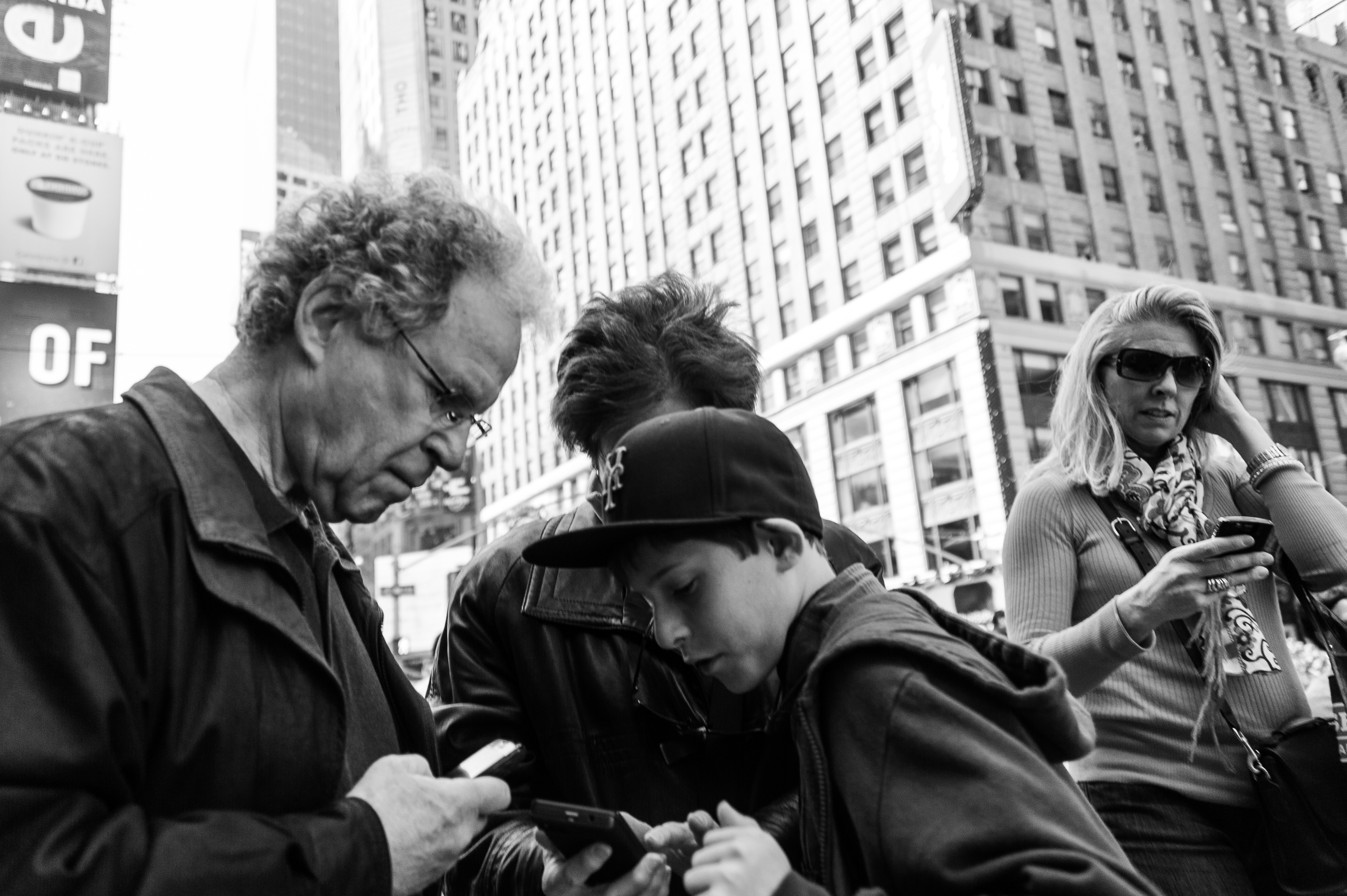You have no items in your cart. Want to get some nice things?
Go shoppingIn November last year, we were once more glued to smartphone screens, twittering aghast as masked men gunned down concert-goers and passersby in Paris. Experienced virtually at a safe distance, yet in life-time, the video footage of the massacre engulfed innumerable witnesses in the emotional shock of watching others on the brink of death. For many non-Westerners exposed to the threat of such violence on a daily basis, be it in Iraq, Syria or Nigeria, allowing oneself to be affected in this way might seem almost a privilege. And of course, this is not a new phenomenon. The paradigmatic event that disseminated individual pain to a global audience were the terrorist attacks on September 11, 2001. Whether you subscribe to the view that this can engender a new type of digital cosmopolitanism, working towards transnational empathy, or regard this as the worst-case scenario of virtual voyeurism – fact is that this mode of perception is intrinsically linked to our times. However, what does the feeling of “being present” in a digitized world actually mean for our position in time and space? And how does it affect our empathy with the victims? In the end, what is called for are new enquiries into witnessing terror that make sense of these processes of grief and mourning, but also uncover any patterns of power and discursive domination in the grass-roots echochamber of the web.
In 1935, in the face of an impending World War, Walter Benjamin described a similar connection between technology and habits of perception. The radically new medium of the moving image, he argued, corresponded to a modern lifestyle in which experience itself had become a pattern of shocks to the consciousness. The ways in which we apprehend the world, therefore, are embedded in historical conditions, but the reason why Walter Benjamin is still worth a read today is that he linked habits of perception to politics. For him, the totalitarian, fascist politics of his own time peaked in the moment in which viewers saw themselves represented as a mass on screen. The fascination of a cinematic crowd, moving as one, perfectly fitted the mass-reproduced, mass-screened medium of film, and it seems a legitimate argument to say that the cacophony of individualized voices, speaking from their tailored social media accounts, is the corresponding process in the here and now. Are there any politics inherent in this, though – and what happens if we refuse to succumb to it?
Speaking from my research in trauma studies, I’d like to argue here that the Benjaminian (let’s not forget, he speaks from a Marxist perspective) view of a collective perception embedded in an equally mass-focused politics has been replaced by an individual ethics witnessing. An ethics, that is, which challenges us individually to reflect on our habits of perception, our position in the world, and most importantly, our will to see the humanity of suffering and loss through the sheen of appearances in the media spectacle of terrorism. One thing, though, has remained constant: the spectacle, as Guy Debord warned us, aims to succumb its witnesses and to preclude dialogue. It is necessary to resist the pull of imagery and the temptation to get lost in the stream of new – and to acknowledge that his complicity between the media and violence does not call the dissemination of facts or critical contextualization its foremost purpose.
Of this, the aftermath of the 9/11 attacks remains a powerful reminder to this day. The accounts of eyewitnesses in Manhattan, who report the paradoxical feeling that the event did not seem real, but somehow like a Hollywood disaster movie, are potent reminders that our mindsets are ill adapted to absorb the reality of instantaneous man-made catastrophe. Trauma theorists since Sigmund Freud speak of latency, a temporal delay rather like the incubation period of an illness until the shock is truly registered. On the day itself, however, there was no such belatedness. In contrast to human cognition and emotion, the mass media apparatus proved more than well adapted to the destructive spectacle of terrorist violence. Beyond the shock of the day itself, though, these habits of perception became increasingly contested. The seeming sublimity of images of the collapsing towers was also a failure or representation. The suffering within the towers, the Pentagon or on UA Flight 93 remained intangible in a medium that by necessity relies on visual impact and is limited to the surface of things.
Where is the space for the individual in all this? In processes that Judith Butler calls “framing”, remembering the individual victims became increasingly a matter of collective identity, and a national, patriotic one at that. While the towers had fallen and thousands of human lives had been lost in the ruins of fallen technological glory, the precariousness of human life was quickly incorporated in the narrative of valiant civic heroism befitting a nation at war. All representation, all framing, is always a question of power as well, and after the 9/11 attacks this meant that there was little space to mourn the victims whilst also opposing the ‘war on terror.’ This is the political impact of modes of perception with which this article started. If terror is disseminated as a media spectacle of an (allegedly) singular attack, then it is all too easy to appropriate this for a military response that is equally disproportionate.
In all this entanglement of media, perception and violence, writers act in a privileged space of fictionality, free from the constraints of every-day life. DeLillo’s falling men in the novel Falling Man (2007) are one example for how to step out of this node. Taking its cue from Richard Drew’s haunting photograph of a person falling from the WTC, the novel has the vulnerability of human life as its core theme. But – and this is where it becomes interesting – this is not just a question of the traumatized survivor, Keith Neudecker. The constellation of falling men, emotionally and physically adrift, also includes Hammad, one of the 9/11 terrorists, Alzheimer patients, and a former RAF sympathizer. Precariousness provokes, and challenges each reader to consider the options we have – outcry or silence, redemptive violence or reconciliation – when faced with violence, inequality, and fundamentalism. This reflection is only possible when stepping outside of the frame, and it is also the reason why insisting on the individual responsibility to think, instead of just react, is so essential today: networks are not just there to give us first-hand insights into breaking news. They also mean that the choices we make between what we want to see and what is actually there can boomerang back to ourselves.
The way in which we perceive things is therefore not just a question of new commodities. It challenges viewers to decode and question the narratives that are out there, and which take shape with the events themselves. There is an opportunity in this a new form of cosmopolitanism that responds to the humanity of the other with empathy, but without appropriating an experience that, in all its pain and loss, is theirs to tell or keep silent about.

About Katharina Donn
Katharina Donn’s first book, A Poetics of Trauma after 9/11", has been published by Routledge in 2016. She works internationally, between Germany and London, and is employed as associate lecturer and post-doctoral research fellow at the American Studies Department at the University of Augsburg. She has also held positions with the University of Texas at Austin and with the Institute of Advanced Studies at UCL. She enjoys being a transnational traveller, commuting between Germany and the UK, and works with the Brilliant Club at London state schools to advocate equality in education.





